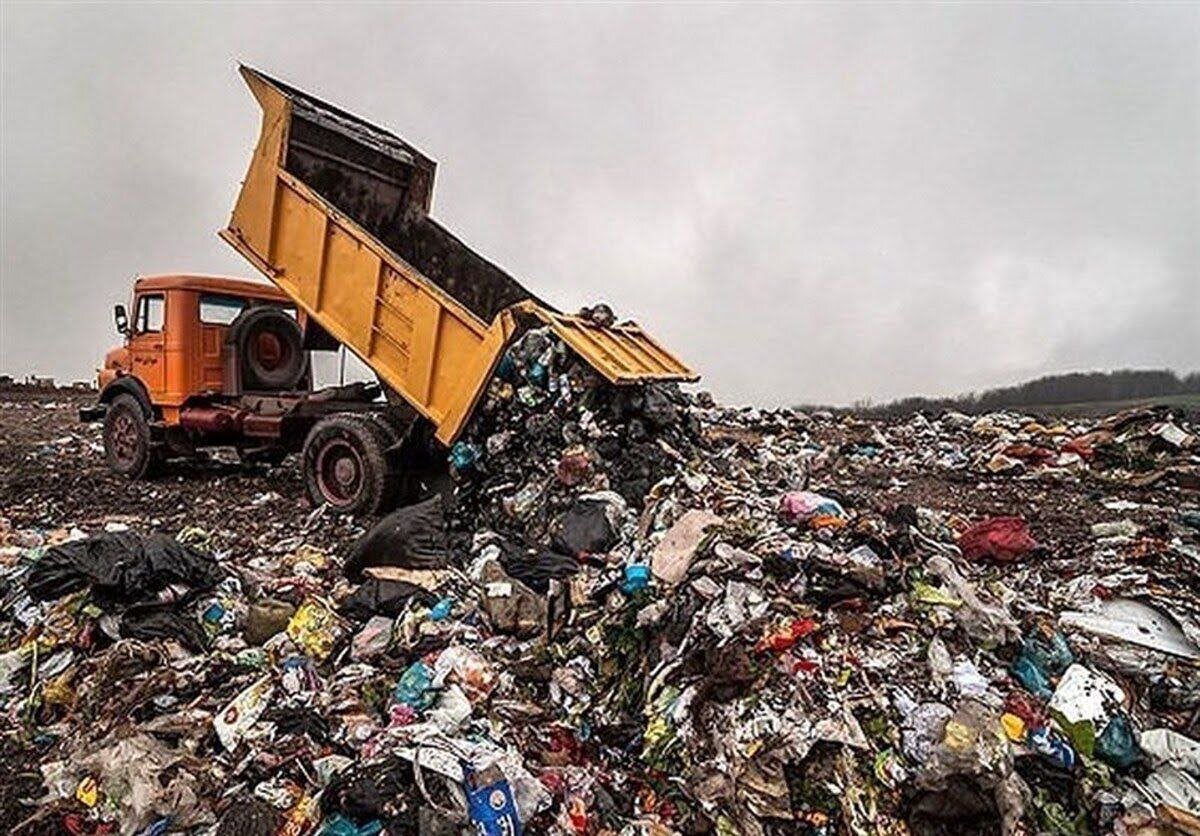Strategic plan on waste management due in 3 months

TEHRAN –The Department of Environment (DOE), in cooperation with the ministries of industry, energy, oil, agriculture, and health, is obliged to develop a national strategic plan for waste management by the end of the first year of the seventh five-year national development plan that is March 20, 2025.
The strategic plan will focus on modifying the production and consumption patterns, minimizing waste production, and promoting waste segregation at source.
Large industries such as cement and steel are obliged to utilize solid fuels to meet part of their energy needs, particularly in peak demand.
Also, the Ministry of Energy is required to guarantee the purchase of the electricity generated from waste, and the Ministry of Oil is required to guarantee the purchase of or the issue of a sale license for liquid fuels produced from waste.
Moreover, the Ministry of Agriculture is required to guarantee the purchase of organic fertilizers made from recycled waste.
Improper management of waste
Today, one of the most serious problems of the country’s environment is improper management of all municipal, household, industrial, hospital, and hazardous wastes, which has caused environmental pollution and a negative impact on the quality and quantity of biological resources (water, soil, and air) and incurs a loss of huge sum of money annually.
Improper management of waste in the country causes 870 trillion rials (some $1.4 billion) in damage to the environment and natural resources every year, an official with the Department of Environment (DOE) said on January 29.
Some 445 thousand tons of urban, rural, medical, agricultural, and industrial waste are generated per day, equaling 164 million tons per year, leading to land, water, and air pollution, IRNA quoted Mehdi Khadem-Sameni as saying.
Converting waste into fertilizer and energy, using standard waste incinerators, and modern methods such as digesters and pyrolysis are among the known strategies used in the world for handling waste, but these methods do not exist in the country, he added.
The current methods used in the country for waste management are old, the official noted, regretting that up to 80 percent of the waste that can be recycled to be used for different purposes is discarded.
“Out of around 600 waste management centers across the country, just four to five are standardized. In other words, some 96 percent of the waste is just dumped in landfills.”
According to World Bank, the pollution of resources in 2004 incurred a loss of about 8 billion dollars to the country, and the figure rose to about 10 billion dollars in 2009.
According to the DOE, an estimated 10 to 17 percent of the total produced waste is recycled. While in developed countries this number reaches up to 70 percent.
In 2021, Iran ranked 17th in terms of waste production, according to the World Population Review.
Although there will be pollution as long as there is consumption in any way, it can be kept to an acceptable level by considering green options so as not to cause excessive pollution of the environment.
Some 65 percent of waste is “wet” and 35 percent is “dry”, while 25 percent is processed and the remaining 75 percent without processing is buried directly and only 10 percent is separated at the source.
MT/MG

Leave a Comment